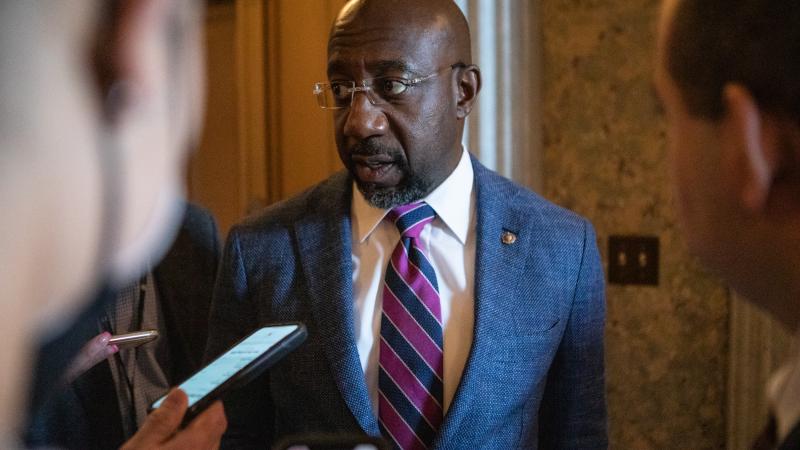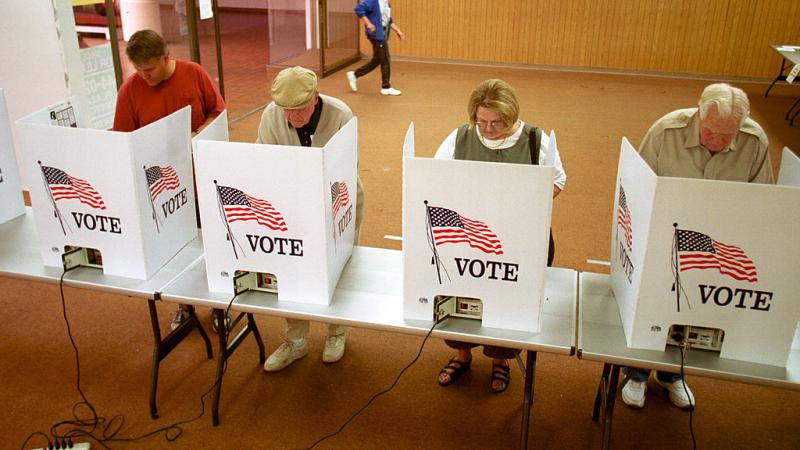Biden spending bill poised to push top personal income tax rates to highest level in developed world
Party doubles down on signature legislation despite anti-tax sentiments voters just expressed in this month’s elections.
The Democrats nearly lost the New Jersey governor's race last week, a close contest in which high taxes was a central issue. Despite that near-death experience, Democrats in Washington are redoubling their efforts to pass their nearly $2 trillion budget reconciliation bill, which is expected to sharply raise top average tax rates nationally, especially in historically blue states.
The Tax Foundation estimates that the social spending bill is going to drive the "average top tax rate on personal income" up to 57.4%, which would be the "highest rate in the Organisation for Economic Co-operation and Development (OECD)."
New York, California and New Jersey would have the highest combined federal-state tax rates after passage of the reconciliation legislation in its current form, according to the organization.
"Raising the top marginal tax rate on ordinary income to the highest in the OECD will damage U.S. competitiveness," the Tax Foundation warned. "It will also reduce incentives to work, save, invest, and innovate, with broad implications for the U.S. economy."
New Jersey currently has the highest property taxes in the country. The tax burden was a top issue in the governor's race in New Jersey, in which incumbent Democratic Gov. Phil Murphy claimed victory in a tight race over GOP challenger Jack Ciattarelli, who has not conceded yet. Murphy is in the lead by about 3 points with roughly 70,000 provisional ballots yet to be counted.
The Democrat-led Congress is moving closer to passing the $2 trillion social spending bill, formally called the Build Back Better Act, which creates new social programs and expands existing ones like Medicare. The bill recently passed a procedural hurdle in the House.
The Committee for a Responsible Federal Budget has estimated that the existing version of the proposed legislation will lead to about $200 billion of deficit increases over 10 years. While the Biden Administration projects that the legislation will cost $1.75 trillion, the CRFB estimates that it will cost $2.4 trillion.
President Biden and congressional leaders continue to claim that the proposed bill is fully paid for with tax increases on wealthy individuals and families.















